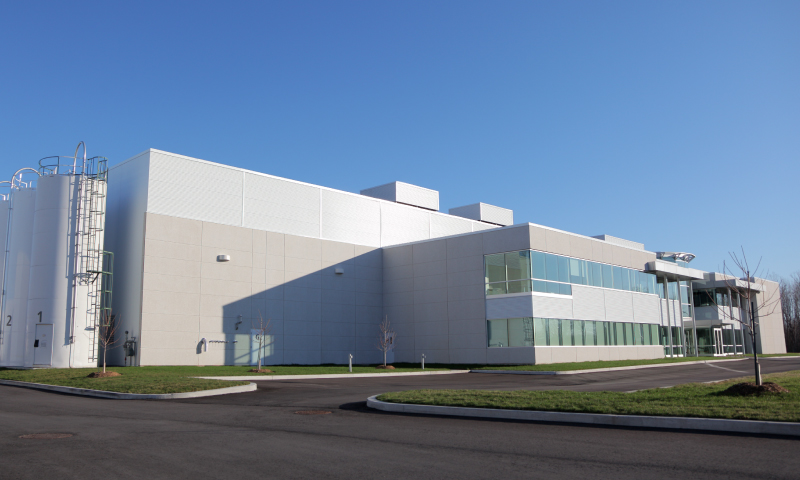01 September 2022
Commenting on the latest CIPS UK Manufacturing Purchasing Managers’ Index which has decreased significantly from 52.1 in July to 47.3 in August, Mike Thornton, national head of manufacturing at RSM UK, said:
‘The manufacturing PMI in August has seen a seismic shift from 52.1 to 47.3, which means the sector is now facing the steepest contraction since May 2020, when the pandemic forced businesses into lockdown. This is a sharp drop which indicates manufacturers are bearing the brunt of the current energy crisis as they struggle with rapidly rising costs, plummeting consumer confidence and no energy price cap for businesses. Such a dramatic drop in one month is rare, and has not been seen since November 2008, when the UK was at the height of a deep recession and financial crisis.
‘The backlog of work index has decreased from 46.5 to 42.2, indicating that the backlog of orders is clearing, however this may be largely due to reducing demand, as the new orders index also shows a significant drop from 46.9 to 43.9. This drop is worrying, with fewer orders indicating that manufacturers are struggling to generate enough demand to maintain production levels in the future.’
He added: ‘Thankfully there are some positive signs though. Input prices dropped from 77.5 to 67.9 in line with falling global commodity prices, meaning the costs of raw materials are easing. Output prices have also reduced, from 69.6 to 64.8, which suggests manufacturers are doing the right thing and passing their reduction in input costs down the chain to consumers. However, it will be interesting to see what will happen to the output price if input prices level out, but demand drops.
‘Supplier delivery times have also risen from 37.9 to 44.5, meaning recent supply chain challenges appear to be easing and manufacturers are now getting the raw materials they need on time.
‘Overall, the current data is concerning and paints a picture of a volatile sector. Manufacturers will need to perform a tough balancing act over the coming months, keeping a close eye on stock levels, monitoring new orders, and having regular conversations with customers to understand the pipeline. Reductions in production may be needed in the short term, but cut back too much and manufacturers may find themselves playing catch-up in the run up to Christmas when demand increases.
‘It remains to be seen whether consumer confidence will improve, and this will depend on what steps the government might take to help put pounds back in people’s pockets in the current cost of living and energy crisis. If Liz Truss becomes prime minister, as is looking increasingly likely, her plans to extend business rates relief could also help ease the pressure for some manufacturers. A more targeted approach to help support manufacturing businesses would be welcome though, as they are suffering much greater impact from the energy crisis than service led industries.’
Thomas Pugh, economist at RSM UK, added: ‘Today’s data suggests the manufacturing is sector already in a recession, ahead of the rest of the economy. As a much more intensive consumer of energy, the manufacturing sector has been hit even harder by the huge run up in energy prices over the last month. This will inevitably lead to reductions in output as particularly energy intensive firms cease production and once viable firms face becoming loss making.
At the same time, the manufacturing sector is facing a drop in demand as households spending power is squeezed by the same surge in energy prices, limiting their ability to pass on cost increases. That said, if the government offers a substantial support package for households and businesses through the winter, then the worst of the coming recession can be avoided. Indeed, we think this recession will be one of the smaller ones on record with a peak-to-trough drop in GDP of between 1%-2%. That compares to a drop of 6% in the financial crisis and over 20% during the pandemic!’











